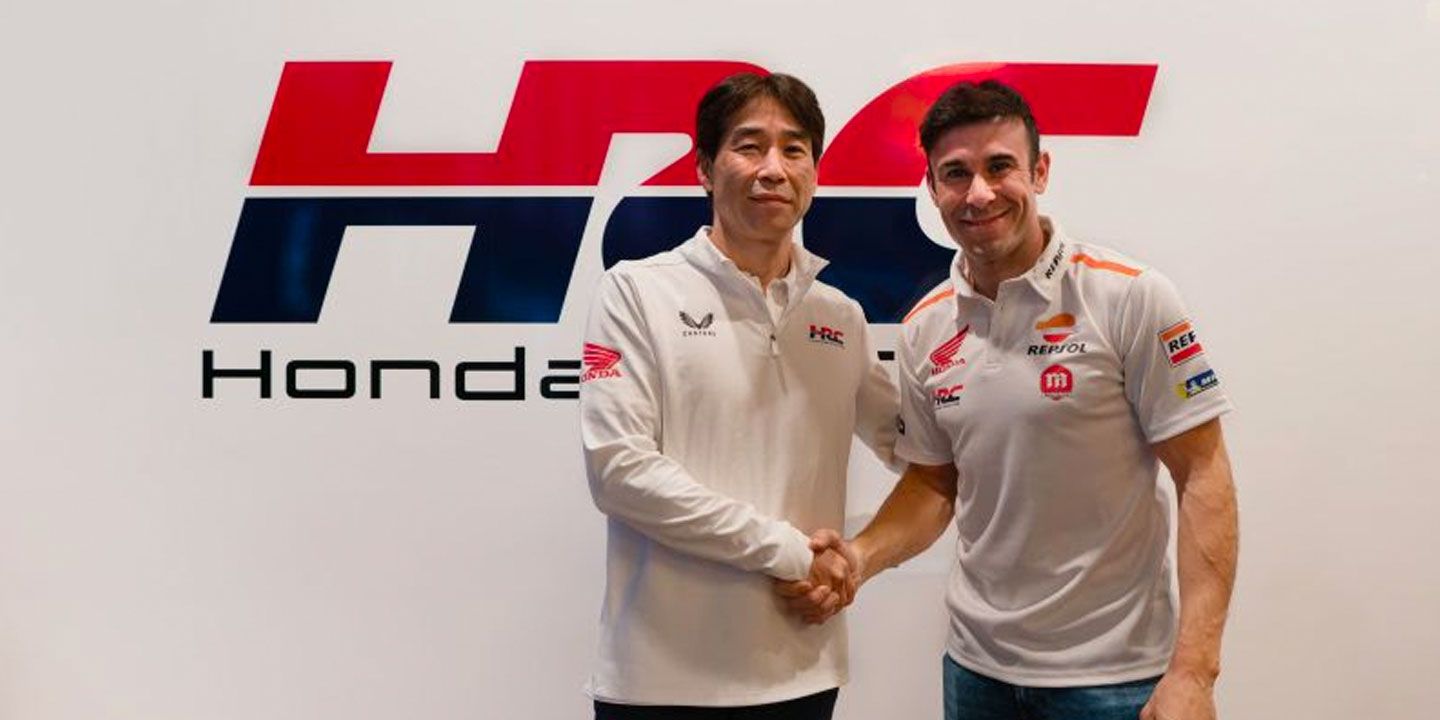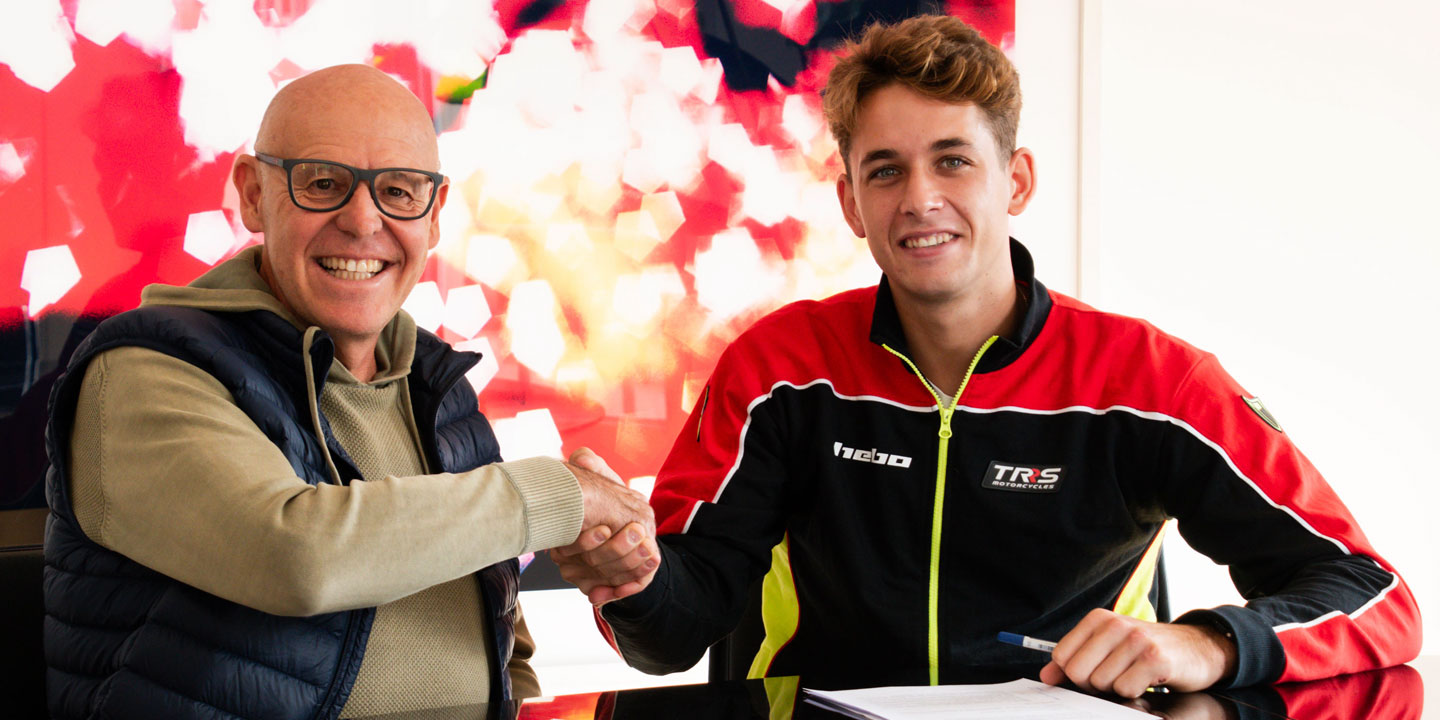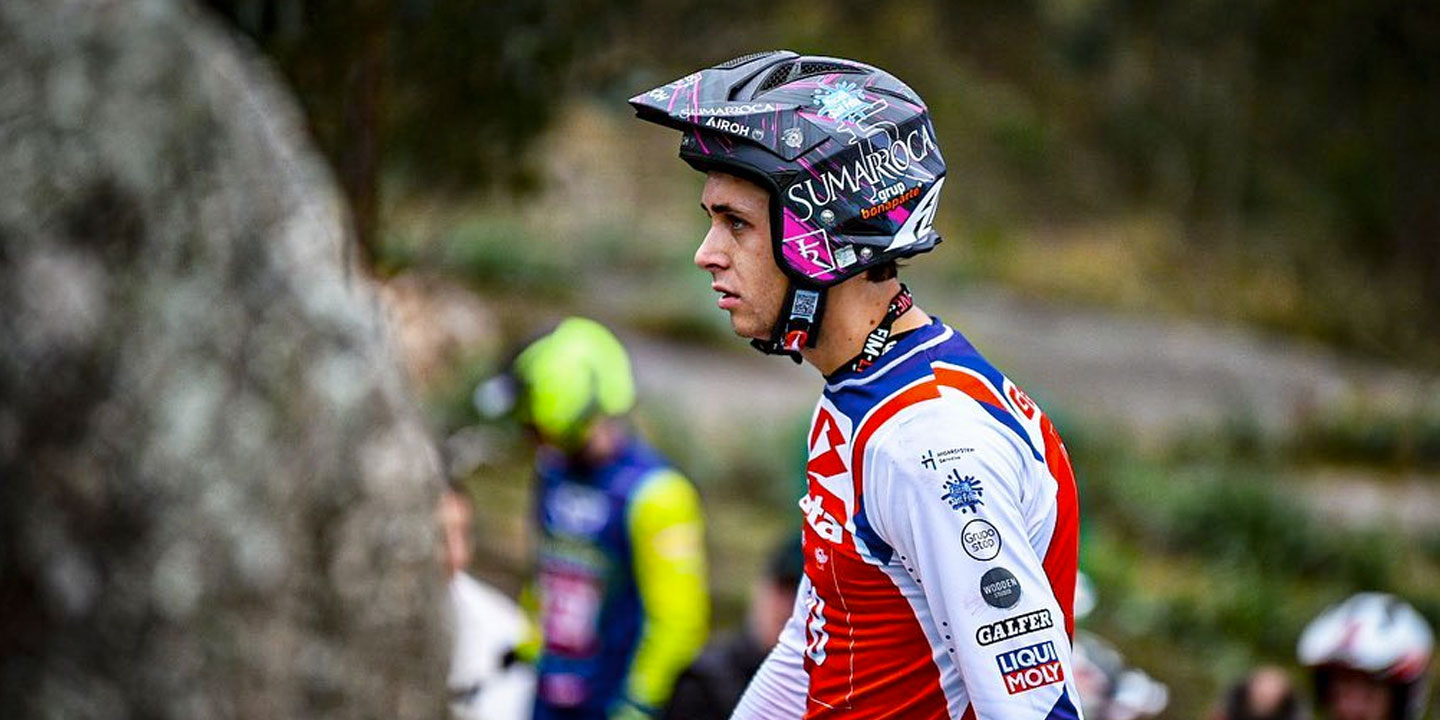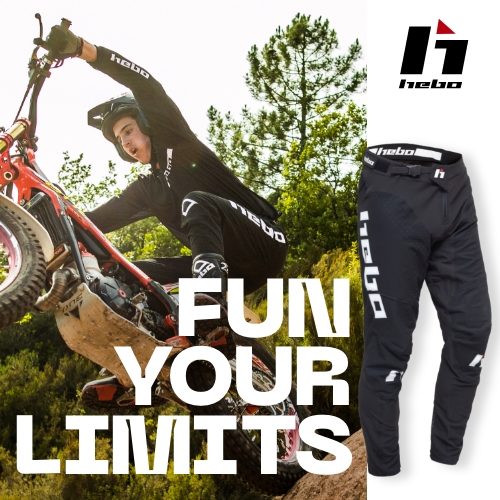Manuel Casado was re-elected president of the Royal Spanish Motorcycling Federation in the elections of 26 September. After a first term full of positive changes, he faces this second, and last, term with new objectives to continue improving the RFME. In this interview, Manuel discusses the key points of these first three years at the helm of the federation, analyzes the state of the main disciplines and candidly reveals the lights and shadows of our sport today.
In these first 3 years at the helm of the RFME, many of the proposals you put forward when you arrived have been fulfilled. Could you tell us what you think are the biggest hits?
The fundamental thing is that the philosophy and the way of functioning of the federation has been changed. The internal organization has been greatly improved and this has a positive effect on everything. We have also managed to redirect the specialties through the commissions, made up of experts in each discipline. In addition, there is now much less conflict in all areas, since we came from a very convulsive stage and it was necessary to change.
What’s left to do? What are the objectives of the RFME for the next 4 years?
Where we haven’t managed to improve enough, from my point of view, is in women’s motorcycling and in the off-road bike. There is a lot of room for improvement in both areas. The Women’s Commission is doing a great job, but we must continue to promote the pool of girls and encourage their participation. With off-road we have a big problem that stems mainly from the competences ceded to the Communities. It is very difficult to move forward and that is why we need to reach out from the RFME to the non-competitive amateur motorcyclist to be a very large group and that together we can make strength.
You are a great lover of classic motorcycles… We are now experiencing a real boom in these disciplines. Why do you think that is? Is it another strong bet of the RFME?
Those of us who are a little older lived in our youth a moment of motorcycling in full swing. The dirt bike had hardly any restrictions and we enjoyed the world of two wheels very intensely. This period also coincided with the rise of the Spanish motorcycle industry, which in those years competed with the automobile. All that movement and spirit is still inside us and contributes to the fact that the “classics” like me continue to sign up for Trial, Motocross, Enduro or Speed races as we did when we were young and even with the same bikes! From the RFME it is being promoted a lot and is having a very positive trend with more and more registered in the classics races.
Speaking of dirt bikes… One of the most ambitious projects that have been launched is undoubtedly Sustainable Field Bike. How are you currently doing?
The fundamental thing was to start with the project and from the beginning due to various circumstances it is difficult for us to consolidate it. MCS has a lot of work to do, but let’s not fool ourselves, it’s not easy at all. The motorbike is being used as a distorting element in the face of votes, as an electoral and political issue. That is where we have to lose and that is why we must be united, making people aware that we are not what we seem, because in recent years we have been burdened with many deaths that were not ours. It is the job of all motorcyclists to support the platform, but also brands and institutions have to help us and take measures to make legislation that allows us to practice. We are sport, we are culture and institutions should have the obligation to seek viability. With conditions, with legal measures, of course, but something regulated that allows us to enjoy this sport. It cannot be that these decisions have political undertones.
By all accounts, the National Teams are working. We have almost all of the chosen ones in podium positions in every international race. Do you think it’s the key for young people to reach the top?
The only way to get to the top of the world is to start at the bottom and from a young age. Young people have to learn to sacrifice and prepare if they want to be at the top. It’s not just natural talent that counts. A champion is forged and for this he needs a structure around him that guides and helps him in all his steps. That complete preparation is what we’re doing with the Junior National Teams. All the kids have an optimal environment of help at all levels to go to the top: technical team, competition structure, training system, diets… almost like a world-class team. This year, despite the difficult circumstances, the National Enduro, Trial and Motocross Teams are doing it and I want to congratulate everyone involved in this success.
Many fans would like to enjoy live sports broadcasting. Will? What does it depend on?
Basically, like almost everything in this life, financial support. At RFME we have made great progress in opening new channels of communication and dissemination, with a marketing department that is dedicated to this. We have greatly improved the image of motorcycling thanks to this work and also to the effort we make on television, where we are on various sports channels and platforms. We are always studying the possibility of streaming, but without a strong sponsor we cannot do more, since our sport requires much more investment for this type of broadcasts as opposed to other more static ones. We’re working hard to achieve this, but we can’t announce anything at the moment. The CSD also wants to promote sport in this way because they are seeing that it is the best image we can project as a country and the values that it transmits to young people are very necessary in these times.
Speaking of institutions… Without being one of the federations with the most sports licenses, the RFME is highly regarded within the official bodies. How are we seen by entities such as the CSD? Are we taken into account?
Definitely, yes. Motorcycling has its virtues and its defects, things that enhance it and others that weigh it down. In terms of image, we are at the first level and that helps us a lot. In this sense, the administrations value us a lot, especially because every year we bring a large number of world titles to Spain that do not go unnoticed. I don’t think there’s another sport with so many world champions per year. The CSD helps us a lot, but it’s true that we help them too.
A lot of work has also been done to have a presence in the FIM. How has Spanish representation changed at the international level in recent years?
In the International Motorcycling Federation Spain has always had a lot of weight in terms of riders and results, because we win year after year. But in the years prior to my arrival, the previous managers did not take care of the presence of the RFME within the FIM. From day one, we tried to reverse this situation in order to be able to be in the organs of power and make decisions. Not only to improve sport in Spain but to improve it worldwide, because if it improves a discipline it is good for the entire sports network of any country. We are in practically all the main commissions and we have Ignacio Verneda as number two in this body. The weight of the RFME has completely changed.
With your arrival, you limited the term of office of presidents to 8 years. Therefore, you will not be able to stand in the next elections. When you leave office, the RFME will not be the same as when you arrived. What major change would you like to have made? How would you like to be remembered?
What I would like is for motorcycling to have improved solidly and strongly after these years, not for me to be remembered especially. When I leave the presidency I want motorcycling to be strong and to have long-term continuity. I would also like people to perceive our sport as something positive on a social level, but also for its value to be taken into account among specialists such as territorial federations, riders, technicians, etc… We have to realize for ourselves that we are important and we have to work hard to maintain that level, and that’s what I’m going to be working on over the next four years.









